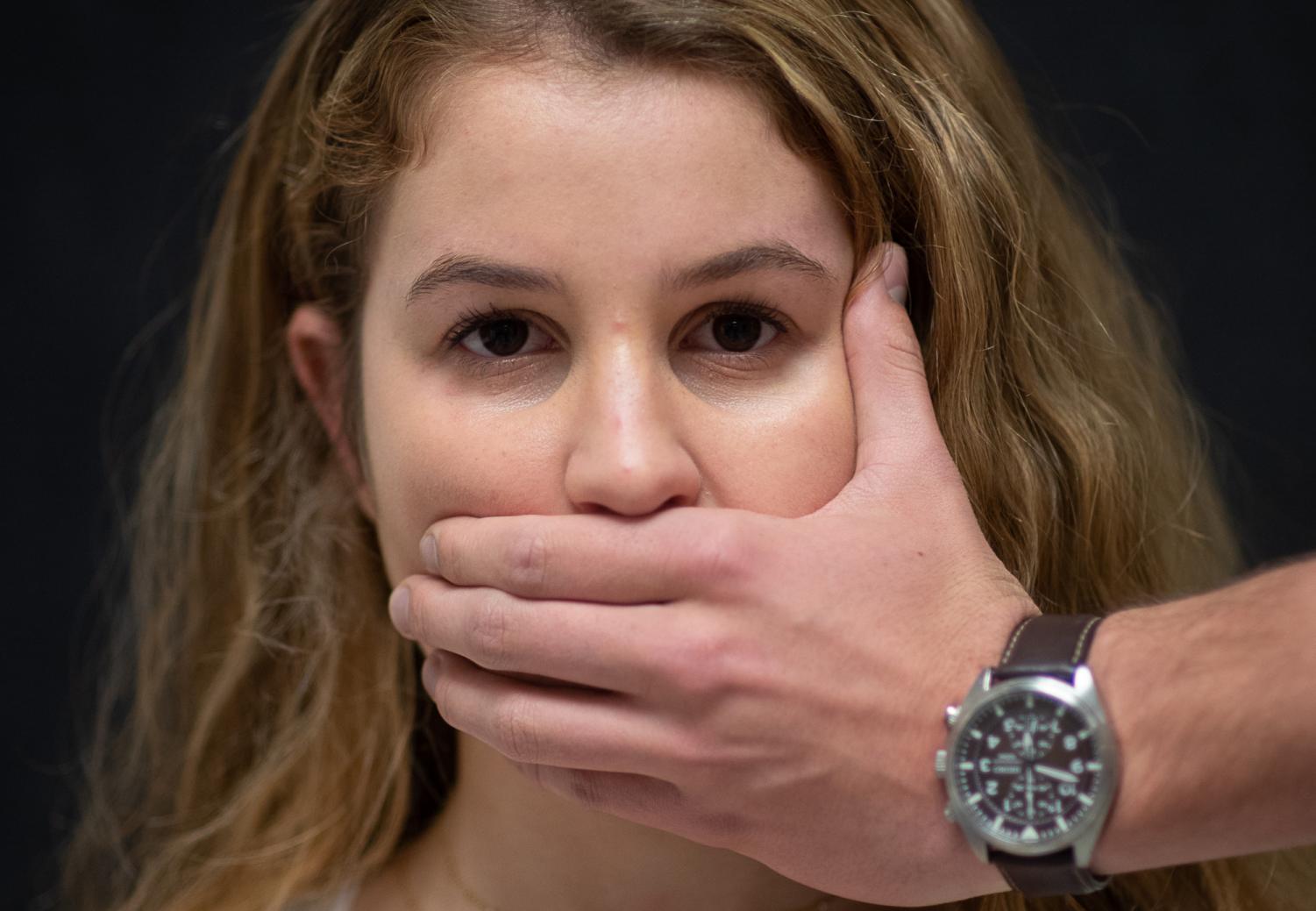Being the victim of harassment can ruin a workplace experience, but seeing other employees or customers harassed can also be unsettling, senior Daniel said.
Since his interview with a popular eatery in Bethesda, Daniel began enduring uncomfortable interactions between himself and his managers. The initial interviewer showed him videos of workers drinking and partying together outside of work. Daniel found it odd that someone he had just met would show him, a minor, these videos, but he attributed it to the company’s “young culture,” he said.
The next red flag showed up during his training at a D.C. location. His manager told him and the other employees to imagine they were making a drink for a pretty girl and had to make it and serve it perfectly without getting distracted by the customer.
The manager repeated this scenario multiple times during the training, as well as other sexual innuendos. Daniel didn’t expect to work with this manager again and assumed the uncomfortable comments would be left behind at the training.
But at his first day on the job, in a different location with a different manager, Daniel witnessed the new 23-year-old manager repeatedly flirting with underage customers.
“A girl about my age ordered a small drink,” Daniel said. “As he’s handing it to her he says ‘you’re too pretty to have a small, so here’s a large drink.’ I didn’t really know what to do or say, and I could tell it made her uncomfortable.”
Daniel had previous work experience and recognized the situation was unprofessional, so he decided the best course of action was to alert the regional manager about the manager’s inappropriate conduct.
That was until the regional manager came into the store and began flirting with the female customers and offering young girls free drinks.
On the job search engine Glassdoor, former employees leave reviews commenting on their work experience. The eatery Daniel worked for received negative reviews regarding sexual harassment; multiple reviews mention the eatery overlooking harassment and a male-dominated, toxic, “cult-like” culture.
After recalling the lessons from a “confronting sexual harassment” online course that the employees were told to participate in, he felt an obligation to let human resources know what he had witnessed.
When he began to research how to contact HR, he noticed the current head of HR had been involved in a sexual harassment scandal himself at a European location. Daniel felt trapped in a system that he believed would never listen to his voice, he said.
“The guy is ‘buddy buddy’ with the regional manager here,” Daniel said. “There was no way my voice would have been heard within the company and within the system at all, especially being a new employee and having no background.”
Daniel doesn’t label himself as a quitter, but after a final “disturbing” exchange with his managers, quitting was his only option, he said.
“The regional manager said to me as another manager was listening, ‘a girl who wears no bra gets a free drink,’” Daniel said. “It reassured me that I was doing the right thing by leaving.”


